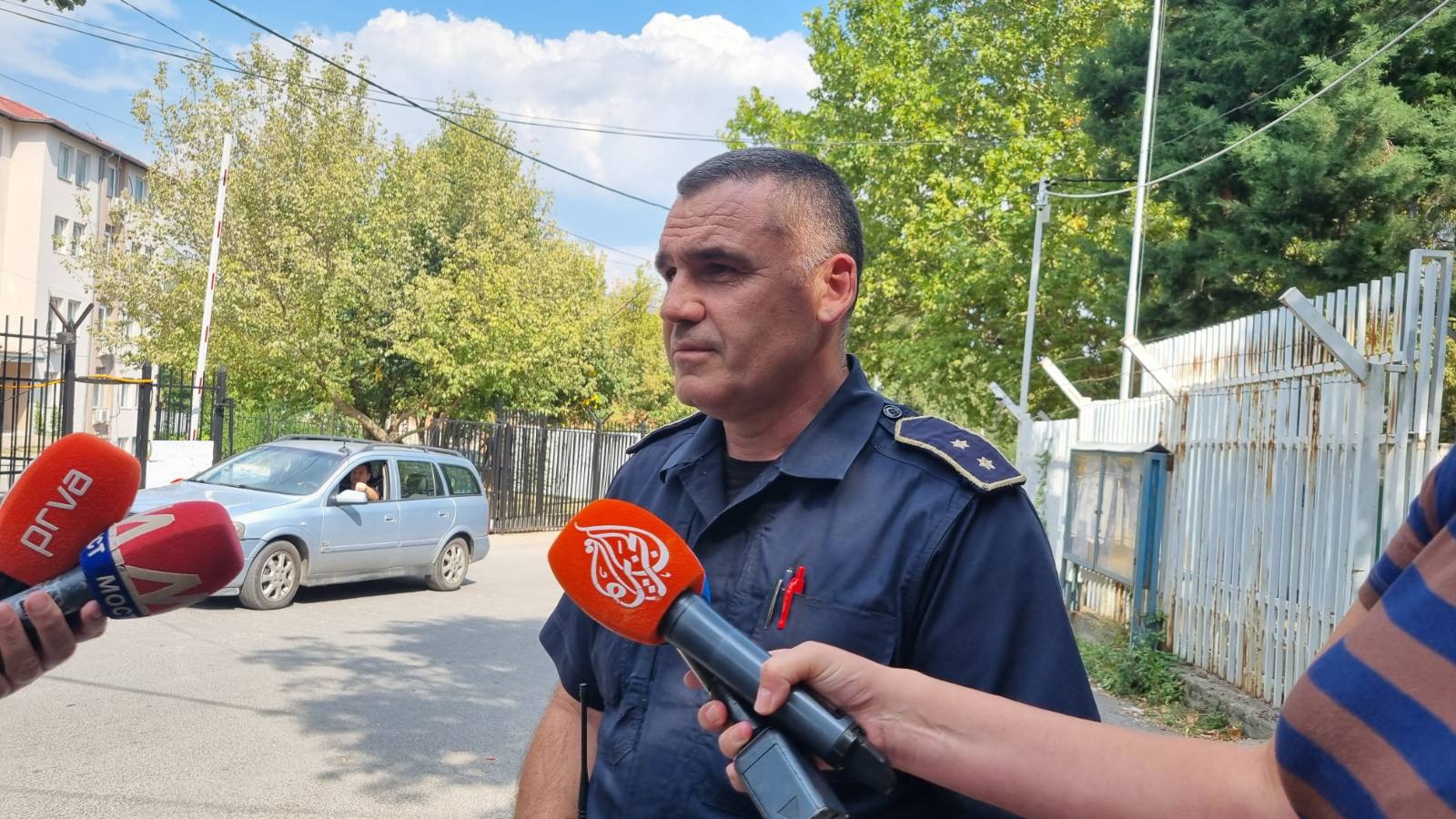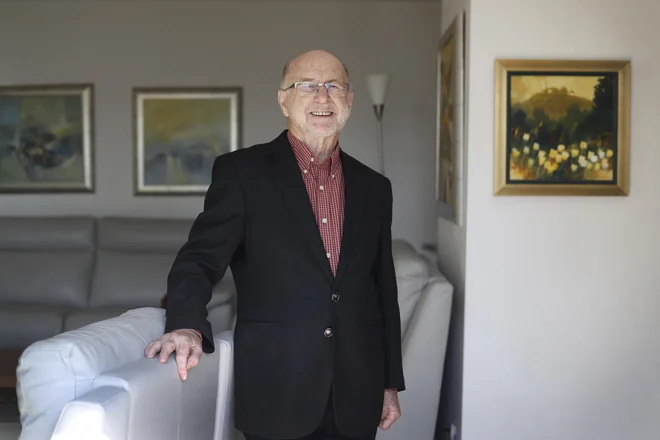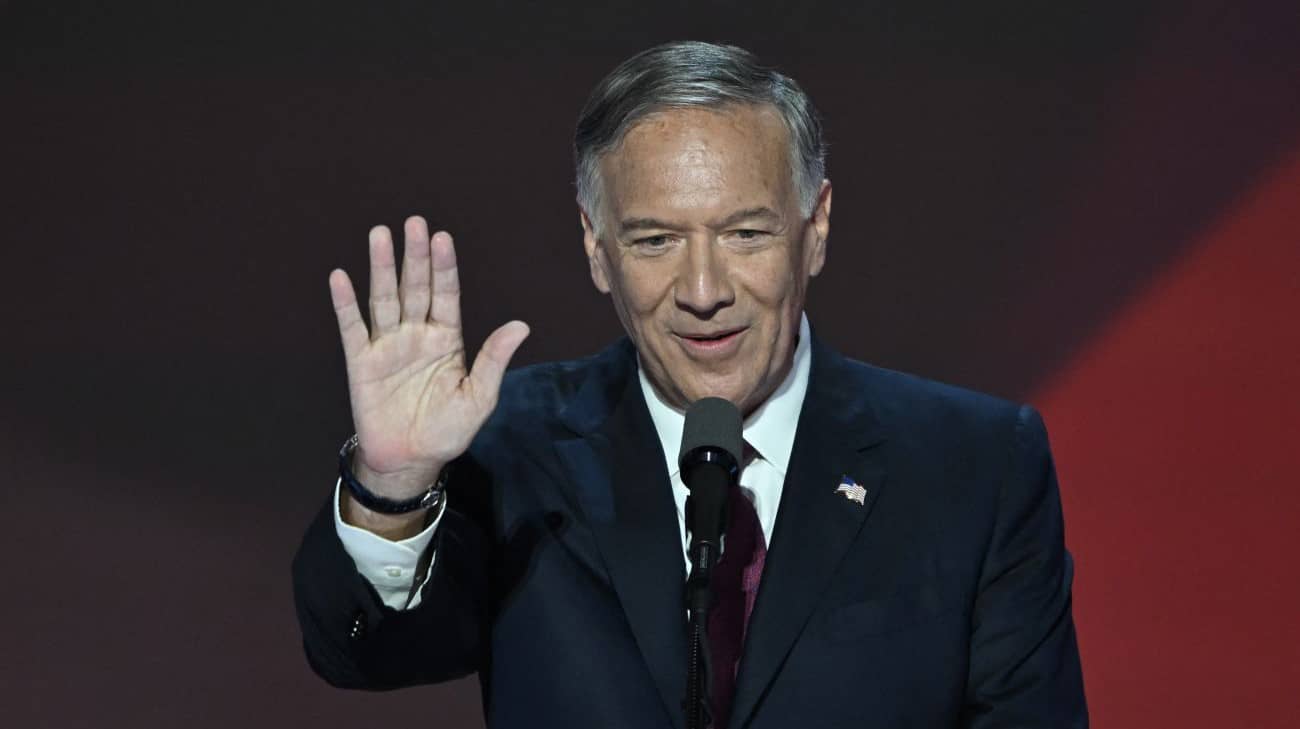Leo Varadkar, Former Ireland Prime Minister: The next at least 4 years will be a big challenge

Leo Varadkar (45) is a former Prime Minister of Ireland (2017-2020 and 2022-2024) and one of the five open homosexual government leaders in the world. He has held key ministerial posts in transport, trade, social policy and healthcare, leaving a lasting mark on Irish and international policy.
Among his main achievements are the leadership of Ireland during the Covid-19 and Brexit pandemic, the introduction of marital equality through a referendum, the cancellation of the ban on abortion and significant reforms in healthcare, social policy and the economy. As Prime Minister, Varadar increases state funding for international development, improves labor rights and introduces measures for climate sustainability. During his term of office, greenhouse gas emissions reach a 30-year minimum, and Ireland marks record employment and budget surplus, investing in housing, education and public transport.
|
Mr Varadkar, you have a remarkable career in the management of Ireland and the development of social policies. As a person who overturns prejudices, what do you think is the influence of equality and diversity in leadership today, and what were your challenges on the way to the high posts you have held?
Although my origin was different, my political path that began from the first step in politics was quite common. In a sense, it helped me. I was lucky to reach the top at the time when Ireland was already modernized, it became more liberal and more European.
| This probably would not be possible 10 or 20 years earlier. In terms of sexual diversity in leadership nowadays, it is really important that policies, governments look like the country they rule. We have an average of 50% women, people of different origin, different religions or not, different professions, different parts of the country. |
We have differences similar to the composition of the government in your parliament. I think you will make better decisions. This should not be absolutized in any way, because parliaments and governments must represent the people who rule.
In Ireland, we are not doing very well about women, for example. Unfortunately, only three high -ranking members in the government are women. They are only 25% of parliamentary deputies. We slowly move in the right direction, really slowly and we have challenges.
Whether it is a board of directors, a government, a university, the availability of key people like us making decisions means better decisions.
Bulgaria turned out to be « the safest place in the EU of violence against women »
Ireland has established itself as a leader in social policies, such as the legalization of same -sex marriage and the right to abortion, which were historical changes that have made extremely quickly. How do you think politics affects social transformation? And what advice would you give leaders who have resistance to such reforms?
– Indeed, in Ireland, we had a period of very quick social progress and reforms. 10 years ago it was impossible to have an abortion. Also, it was impossible to start a family with your partner if he was of the same sex. We did not have a law to recognize social sex, for the people who changed it.
These changes went a debt to happen. At first glance, they seemed to be fast, but it wasn’t. Ireland became more prosperous, people began to travel the world. They came back with new ideas and concepts. What?
For normal things, I guess, out of the desire for a better world. Not to forget the influential Catholic church in Ireland, which has positions. She was shaken by financial and sex scandals related to violence. This very hurt the authority of the church.
In Ireland, we also have a very strong non -governmental sector and activists that give impetus to social progress. I think this distinguishes us, given the people who oppose such reforms. If you believe that these reforms are needed in the interest of the country, you should put pressure. Of course, it is important that everything happens in a reasonable way.
Certainly, there is a need to collect voices in parliament or to win a referendum if any is scheduled. In Ireland, we lost a referendum to legalize divorce in the 1980s. It took another 10 years – in 1994 before this question was placed in front of people again.
But they really need like-minded people, listening to people’s needs, not to be neglected, trying to be predisposed in the best possible way.
Do you think that President Donald Trump’s policies against the LGBTC+ Community are going back? Can this become contagious in Europe?
Sexual orientation and sexual identity are not the same thing. We are all sexual minorities. If trans sexual are the first target, the next will be restrictive laws, there will be discussions about gay relationships. Not to mention the gay laws similar to those in Florida and Bulgaria, unfortunately.
| Can it become contagious in Europe? I think what is going to be will be to encourage people, some countries that have not so far wanted to continue with pressure on the LGBTC+ Community and their rights. |
If we go back in some parts of the world, in others we move forward. Although we are still in the beginning, we see some response against Trump’s measures.

I think they are less related to the issues of equality and more to respect for the Allies, because we see in Canada and Australia, which are in the process of election that the Labor Party and the Liberal Party-more socially liberal and left-wing parties that were expected to lose-now they can actually win. It was a big change. I think it is mostly related to foreign policy and Trump’s lack of respect for the Allies than with LGBTC+ questions.
Trump terminates gender equality programs in the army
– The short answer is yes, but that doesn’t mean it won’t be more difficult – it’s already difficult. The world order, which has existed since World War II, along with the European -American commitment to liberal democracy, freedom and human rights to which many other countries such as Japan, South Korea, parts of Latin America have joined – are now at risk.
Foreign policy has always required people to have two things. One is principles, the other is interests. I believe that negotiations and communication will remain very important. It will be a much more challenging period, at least in the next 4 years, even longer.
You have ruled a military uninitiated state, and today the defense unions are being reformulated, creating collective defense coalitions. Where does Ireland fit into this process in Europe?
We took a very strong position in support of Ukraine, for the right of Palestine to self -identify, we were in support of democracy against communism.
Through membership in the European Economic Council (EEC), a great supporter of expansion, including Bulgaria, when the opportunity appeared. Even during World War II, we supported the Allies.
Unofficially, Ireland was providing weather forecasts, we allowed the Allied soldiers to return to the United Kingdom across the border. We allowed aircraft flying as well as other things. So this is a complex form of neutrality as you can see.
| In 2017, I introduced Ireland in Pesco. So we are part of the common European security and defense. In practice, we are its fundamental members. We are increasing our military budget. We are very aware that the threats we face are different from those in the past. Our geography protects us from invasion, which is almost impossible. |
Mainly through EU membership, PESCO, as well as through specialized groups in the EU, as well as through partnership with NATO for peace.
From Irish folklore comes the story of how many warriors go to fight in war on the UK. This is one of the main reasons why people do not want to join a military alliance, in which we will automatically be included in war.
Because of the commitments to the contract, not as a result of a national vote or a decision of our parliament.
Young people in modern societies surprisingly sympathize with the right, conservative values, nationalism … What is your message to Bulgarians/Europeans aged 18-29 years?
– I will say that we live in many turbulent times. We want to talk to you, we want to hear you, to understand what your concerns and concerns are. What I do not want to talk about is human rights and European values important in itself. But I want to talk about being good to other people. To be tolerant of others, to judge people by their nature and character, not by their origin.
In the current environment, many people, when they hear about diversity or variety, equality and inclusion, think that this does not include them. This is wrong. We want a society in which everyone is equal before the law and everyone has equal opportunities in everything else.
It doesn’t matter if you are a man or a woman, from which part of your country, whether you are heterosexual or homosexual, whether you are trans-, what is your religion or ethnic origin. It is about everyone to have equal rights and an equal chance of success.
After all, that’s what we want. This is a very simple message. It’s not extreme, it’s not ideological.
I hope that makes sense.









